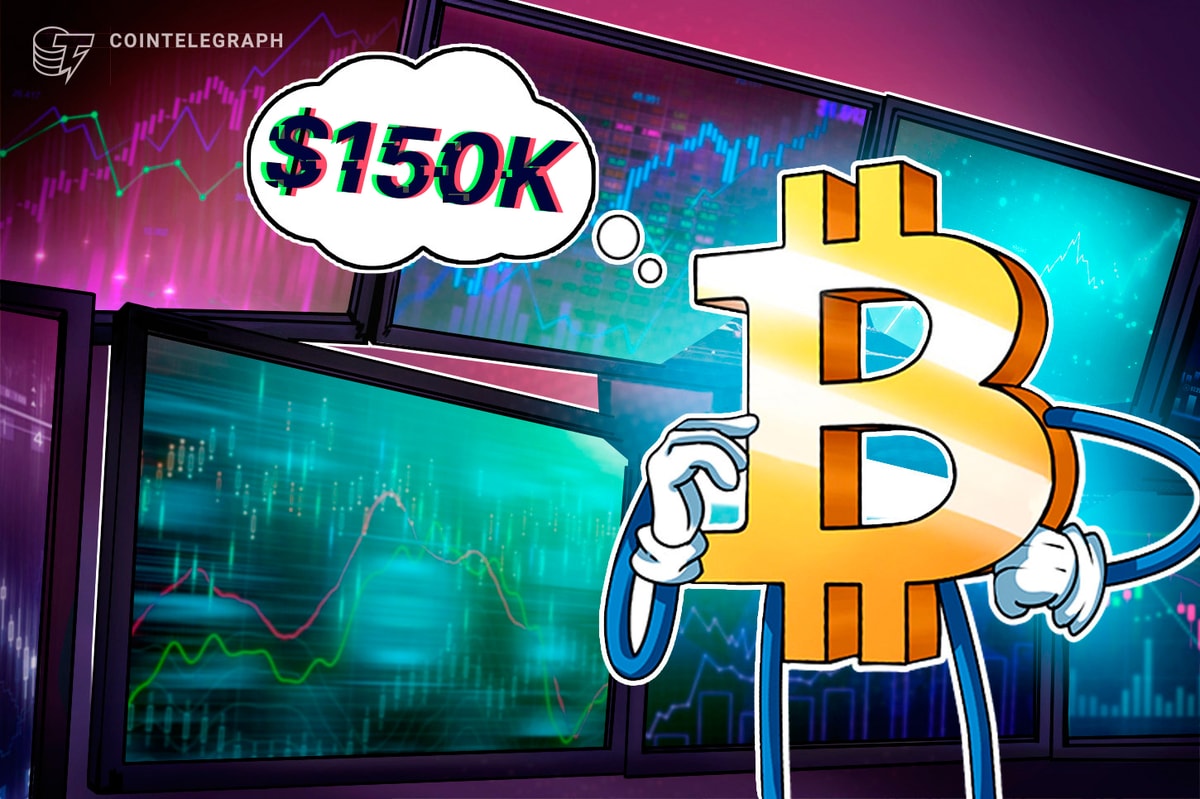
content, reviewed by leading industry experts and seasoned editors. Ad Disclosure
In a recent earnings call, Jamie Dimon, CEO of JPMorgan Chase, expressed skepticism about the appeal of stablecoins but acknowledged that his bank cannot afford to ignore this evolving financial technology.
Dimon Embraces Stablecoins Despite Skepticism
Last month, JPMorgan announced its intention to launch a limited version of a stablecoin, specifically for its clients. Dimon remarked, “We’re going to be involved in both JPMorgan deposit coin and stablecoins to understand it, to be good at it.” Despite his reservations about their utility compared to traditional payment methods, he recognizes the importance of engaging with this technology.
Dimon, known for his vocal opposition to cryptocurrencies like Bitcoin (BTC), leads one of the largest financial institutions in the world, which processes nearly $10 trillion in payments daily.
His acknowledgment of stablecoins reflects a strategic pivot at a time when the regulatory environment is becoming more conducive to innovation under President Donald Trump’s second term in the White House.
The executive further warned that failing to explore stablecoins could result in losing ground to agile fintech companies that are keen to disrupt traditional banking practices.
In fact, JPMorgan’s CEO pointed out the intelligence of fintech competitors, stating, “They’re trying to figure out a way to create bank accounts, to get into payment systems and rewards programs, and we have to be cognizant of that.”
Citigroup And Bank Of America Join The Fray
Other major banks beyond JPMorgan are also considering their own stablecoin initiatives. Citigroup executives announced they are exploring the issuance of a Citi stablecoin, looking for opportunities in tokenized deposits and cryptocurrency custody services.
Similarly, Bank of America’s CEO, Brian Moynihan, indicated that his bank would also participate in the stablecoin space, potentially through collaborations among banks.
The concept of banks working together on stablecoin projects is reminiscent of their joint efforts to create Zelle, a platform for instant peer-to-peer payments. However, when questioned about potential collaborations, Dimon was non-committal, stating, “That’s a great question, and we’ll leave it remaining as a question.”
Yet, the momentum for stablecoin initiatives faces potential hurdles. Recently, several bills aimed at regulating cryptocurrencies, backed by President Donald Trump, failed to pass a crucial procedural vote in the House of Representatives.
The vote concluded with a tally of 196-223, with 13 Republican representatives siding with Democrats to block the motion, indicating a challenging legislative environment for cryptocurrency-related advancements.
When writing, Bitcoin trades at $116,510, representing a drop of 4.25% from its recently achieved all-time high of approximately $123,200 during Tuesday’s market rally.
Featured image from DALL-E, chart from TradingView.com

Editorial Process for bitcoinist is centered on delivering thoroughly researched, accurate, and unbiased content. We uphold strict sourcing standards, and each page undergoes diligent review by our team of top technology experts and seasoned editors. This process ensures the integrity, relevance, and value of our content for our readers.

















 English (US) ·
English (US) ·